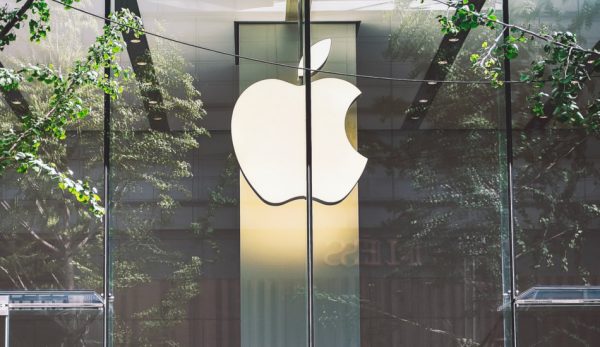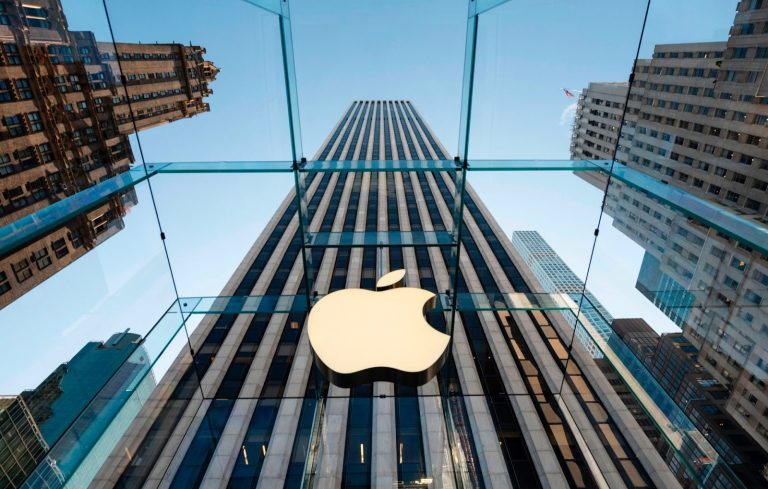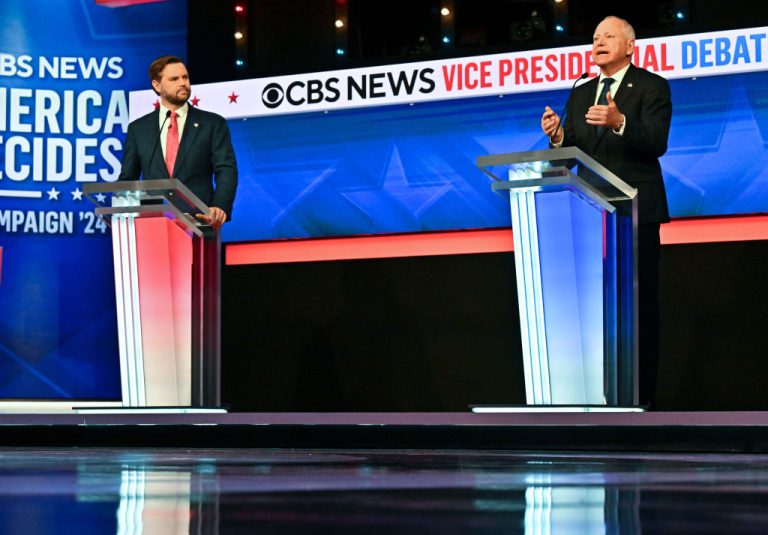In Europe and the U.S., Big Tech giants Apple and Google are coming under fire from both the state and app developers due to anti-competitive behavior. At a recent U.S. Congressional hearing on April 21, Match Group Chief Legal Officer Jared Sine told Sen. Amy Klobuchar (D-MN), “We’re all afraid,” because of the power over their businesses levied by Apple and Google.
CNBC reported on the hearing, which was attended by representatives from Match Group, Tinder, Tile, and Spotify owners, who aired their concerns to Congress about anti-competitive behavior from Apple and Google.
One of the biggest complaints raised against the tech giants is the overly steep commission fees charged in Google Play and Apple’s App Store. Apple, however, claims that fees are set relative to the cost of appropriately distributing and securing the apps and used the excuse that before app stores, there would have been costs and hindrances in sales and distribution incurred by developers through first-party websites and third-party platforms.
Tile, a company that manufactures small tracking devices to be attached to objects, complained that when they asked Apple to use their ultra-wideband technology to enhance the precision of their tracking tags over what is attainable through only Bluetooth, Apple refused the request and then reserved the desired technology for their competing product, AirTag, which was announced on April 20.
Match said they felt that they were having productive negotiations with Google about the 30 percent fee charged through the Google Play store but testified at the hearing that Google made “false pretenses of an open platform” and complained about its “monopoly power.”
Success
You are now signed up for our newsletter
Success
Check your email to complete sign up
Spotify testified that Apple had threatened various punitive actions against the streaming service, such as removing their app from the App Store, refusing to promote Spotify, and making the company wait months to have even negligible new features approved.
“They’ve basically thrown the book at us in order to make it hard for us to continue to sustain our decision to speak up,” said Spotify Chief Legal Officer Horacio Gutierrez. Spotify bypasses Apple’s steep commission fees by only allowing customers to upgrade their service outside the iOS walled garden. Still, Apple has responded by limiting the app from communicating to customers that such upgrades are available.
On the other hand, Apple Music has no such restrictions.
“If we pay this tax, it would force us to artificially inflate the price of our Premium membership well above the price of Apple Music,” Spotify founder and CEO Daniel Ek said in March of 2019 when he brought the issues his company was having to the European Commission. “And to keep our price competitive for our customers, that isn’t something we can do.”

According to Deadline, Roku has also joined the fray and spoken out about Google’s “predatory” and “monopoly” behavior while warning its users that if they cannot strike a deal in the immediate future, then YouTube TV may become unavailable on Roku devices. One allegation among the many raised by Roku is that Google and YouTube “are out to manipulate the user experience to siphon data and tilt search results in YouTube’s favor.” Another is that Google may require the streaming box maker to upgrade their microchips to accommodate the needs of YouTube.
FT also reported that in a Brussels investigation involving the ebook market, if Apple is found guilty of breaking EU antitrust laws because rivals to Apple Pay were dealt an unfair disadvantage after being denied access to using iPhone’s NFC features, the company may face a fine as large as 10 percent of global revenues.
Brussels is also looking to pass the Digital Markets Act, which will help with antitrust enforcement against Big Tech in the legal system.
Russia recently fined Apple $12 million for its abuse of power in the mobile applications market. Apple said it respectfully disagrees with the ruling of Russia’s Federal Antimonopoly Service (FAS) and will appeal the decision.







